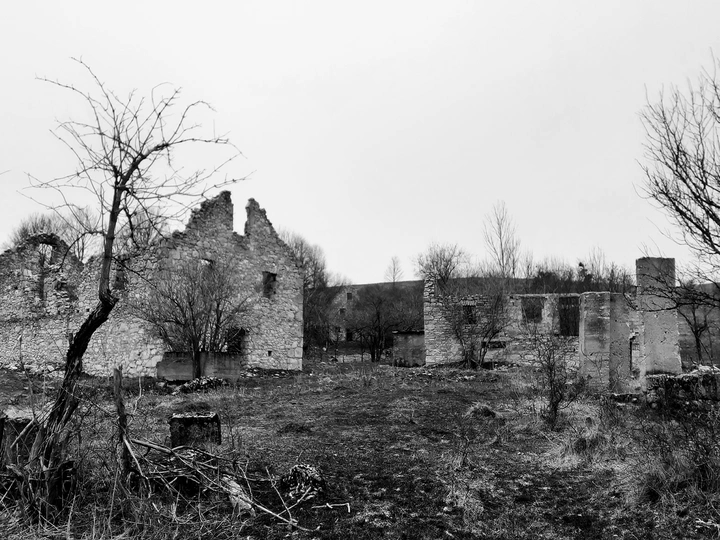An Empty Ethics of the Project of Architecture

I am an Italian-British trained architect and PhD candidate at the Department of Regional and Urban Studies and Planning (DIST), Politecnico di Torino, Italy. I previously studied at the Dipartimento di Architettura, University of Ferrara, Italy, and the Faculdade de Arquitetura da Universidade de Lisboa, Portugal. My MA thesis focused on the geo-morphological risk and illegal(ised) urbanisation of the mahale in Sarajevo, Bosnia and Herzegovina (summa cum laude). Prior to joining DIST, I worked in architectural practices in London, Bologna, Berlin and Brussels. I meanwhile practiced as a freelance and worked on international competitions (some of which awarded), small architectural interventions and social initiatives in Germany, Brazil, Italy, the Netherlands and Bosnia. However, a profound and underlying scepticism toward the practice of building eventually made me abandon architecture as a profession and turn toward Bosnia again, as a researcher, regarding the northwesternmost corner of the country. The research (due 2024) is in an attempt to render evident and question the political implications of architectural project as power’s means to an end, as a technocratic solution and denial of space. My research interests lie at the intersections between critical theory (beyond the confines of the Frankfurt school), Continental philosophy and political ecology with architecture and urbanism.
My project posits an ethical orientation in the form of a suspension of the practice of building, that is, the most pressing challenge architecture must confront in the Anthropocene. The project seeks to critique the professionalising drive of the discipline, as well as to call for a more thorough engagement by architecture with critical theory and philosophy, as a way to tackle the obdurate foundations of building: capital and carbon. In this sense, my goal is to theoretically challenge the collusion of architecture with power in the Anthropocene. The reason for this dialogue between philosophy and critical theory with architecture comes from a disenchantment with the compositional praxis of architecture and its presumed salvific power; as well as with the fact that an architectural project is considered to be a solution, when in actual fact it has no redemptory power of itself. In other words, my proposal contests the highly problematic a-politicised gaze which, in contemporary capitalism, subtends architecture’s collusion with technocratic solutionism and evades the question of architecture’s inscription within the field of representation of power. I partly developed these claims in academic research, although I felt its underlying drive already while practicing as an architect. Positing an ethical orientation that goes against building, therefore, responds to the realisation that, in the Anthropocene, space is saturated, architecture culpable, and imagination denied. The answer an Empty Ethics gives is saying no and, in doing so, aligns to other critical reflections on the responsibility of architecture and architects in creating uninhabitable conditions on Earth. In this sense, I would like to develop this project as critical reflection—in the form of a publication or discussion—that moves forward my personal research by sharing and learning from other practitioners and researchers interested in redefining the scope and role of architecture in the Anthropocene.